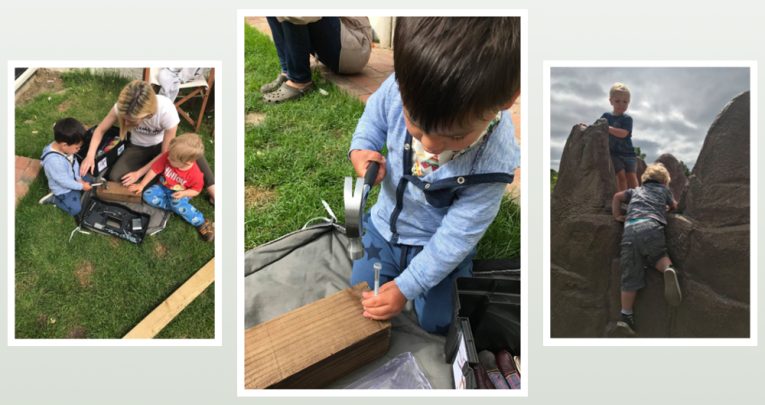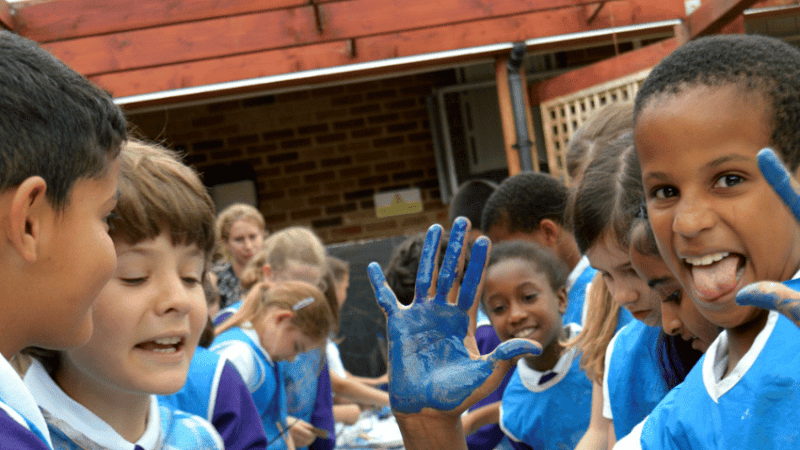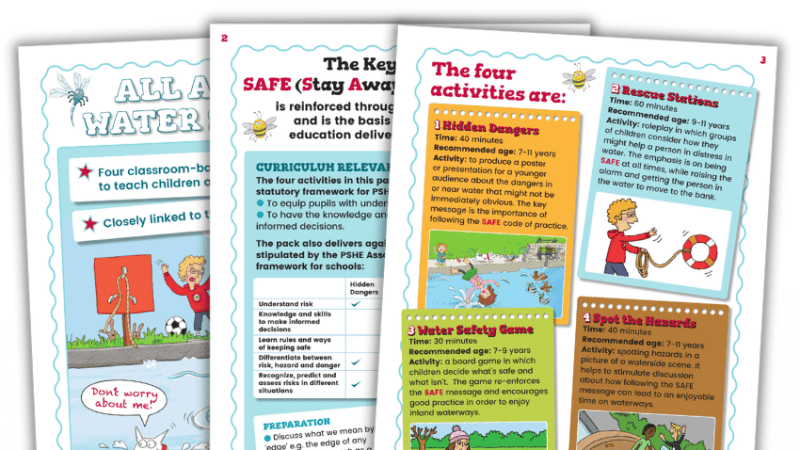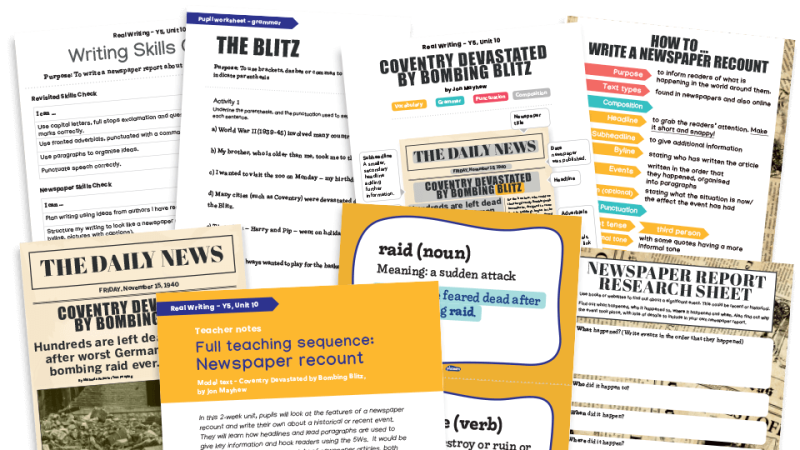Every Early Years Setting Can Provide Outstanding Outdoor Learning

Make the most of what you have, and don’t forget to take advantage of the opportunities beyond your setting’s walls, says Chloe Webster

Having plentiful opportunities to play outdoors is essential for children of all ages, as we all know – but while the idea of an ‘outdoor classroom’ is one that many early years professionals strive to achieve on a daily basis, it isn’t always obtainable.
A number of factors contribute to the lack of adequate outdoor space that many early years setting face, from financial constraints restricting investment or a lack of available space, to the location and the ownership/management of the building you operate within.
And there are challenges, too, for home-based providers such as my own setting, Pebbles Childcare. So how can these be overcome?
Explore your surroundings
Firstly, it’s important not to forget that learning can happen anywhere, indoors or out, so don’t hesitate to take advantage of your local area/community – quick visits to the supermarket to purchase ingredients for baking; trips out into nature revealing the shifting seasons that enable children to familiarise themselves with, and develop an understanding of, their ever-changing world; and number/letter walks to support literacy and maths all have huge benefits for children.
The possibilities in this regard are endless; we as practitioners just need to recognise these types of simple yet effective opportunities as the fantastic learning experiences they are.
Pebbles Childcare is an ‘all-weathers’ setting, so we utilise the local environment in every way we can in order to enhance the children’s education.
For example, we are members of the National Trust, as we believe that exposing children to nature’s raw beauty sparks curiosity and allows them to engage first-hand with the natural world.
We are also lucky enough to be based within a seaside town and so have launched our own beach school sessions this year in order to develop children’s physical capabilities and allow them to identify and manage their own risks through challenging experiences in what is a dynamic environment.
The park, woods and beach are particularly valuable resources for children, in our opinion. For some of those attending early years settings, the opportunities to visit these locations that we provide will be the only such experiences they have access to, which makes it even more essential to ensure they get to head out as often as possible.
Use what you’ve got
For those with restricted access to the wider community, outdoor play spaces are ultimately as good as the practitioners that provide them, so this is where knowing your children, their needs and their interests plays an essential role in the continuous provision of your setting.
Though your space may be small, large amounts of learning can happen if you utilise what’s on offer effectively. Toy cars and guttering, home-made water walls, painting with water, and a well-stocked mud kitchen can all support young children’s development across the EYFS, and don’t require vast amounts of space in order to be achievable – and that’s just scratching the surface of what’s possible.
You will find it’s also beneficial to involve your children in the setting up and maintenance of your outdoor space. This will not only provide them with yet more learning experiences but also give them a sense of ownership of, and responsibility for, the space and allows it to become theirs.
This alone makes the space important to the children, regardless of the size of the area or the number of resources within its confines. For children, outdoor play is about freedom, simplicity and having something they can make their own.
Chloe Webster is an Ofsted ‘outstanding’ childminder. To read more from her, visit pebbleschildcare.co.uk.











